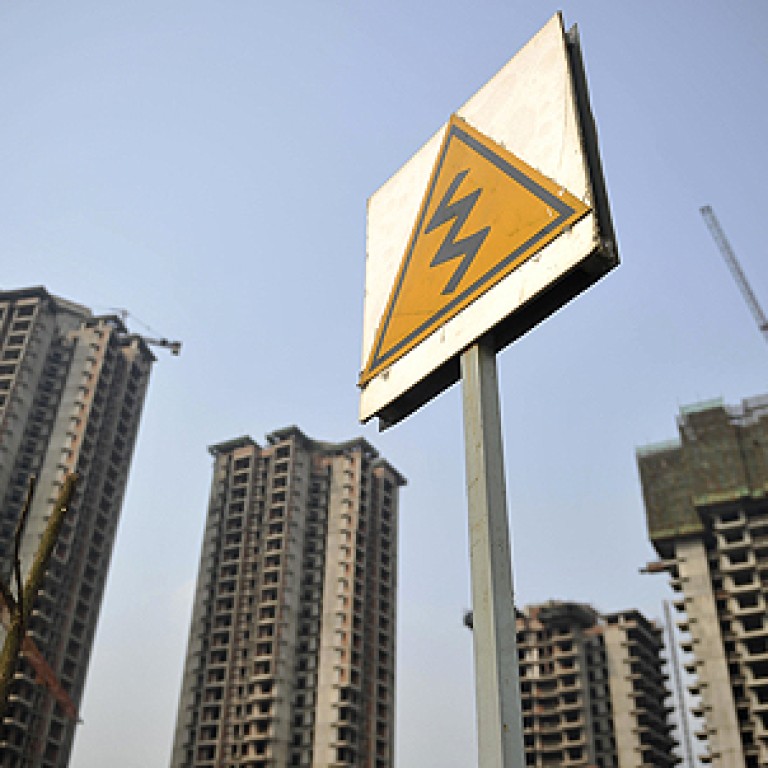
China’s new property rules hit real estate stocks
Chinese property developers’ shares fell on Monday over worries about the impact of new government measures to control house prices announced last week.
Homeowners who sell their properties will have to pay a capital gains tax of 20 per cent on their profits, the State Council, or cabinet, said in a statement late Friday.
China previously taxed homeowners one to 2 per cent of the sale price.
The government also ordered the central bank to raise downpayments and mortgage lending rates for buyers of second homes in some cities, and told local governments to limit non-residents from buying more than one home.
In early 2011, the State Council set the minimum downpayment for second homes at 60 per cent of the purchase price as part of earlier efforts to control property prices.
Property prices are a sensitive issue in China and authorities have sought to control them over the past three years, with measures including restrictions on second and third home purchases, higher minimum downpayments, and taxes in some cities on multiple and non-locally-owned homes.
Shares in Poly Real Estate and developer Gemdale both plunged nearly 10 percent Monday morning. Analysts said the new measures may dampen sentiment towards the sector in the short term, but home prices could rise in the long run.
“Such policies will always have a temporary, noisy, and negative impact,” said Liu Ligang, an economist for Australia and New Zealand Banking Group in Hong Kong.
“However, they will not have much lasting impact... long-term demand will not suddenly disappear,” he said in a research note, citing China’s continuing urbanisation.
It was not clear when the new tax will come into force, but homeowners rushed to sell properties ahead of its implementation.
The number of units listed for sale at one Beijing estate agency surged by nearly 40 percent one day after the announcement, the Economic Information Daily newspaper said Monday.
Lu Ting, a Hong Kong-based economist at Bank of America Merrill Lynch, said the crackdown on the secondary market could shift demand to new homes.
“These new measures may inadvertently shift demand of existing homes to new homes, pushing new home prices to rise even faster,” he said in a research report.

.png?itok=arIb17P0)